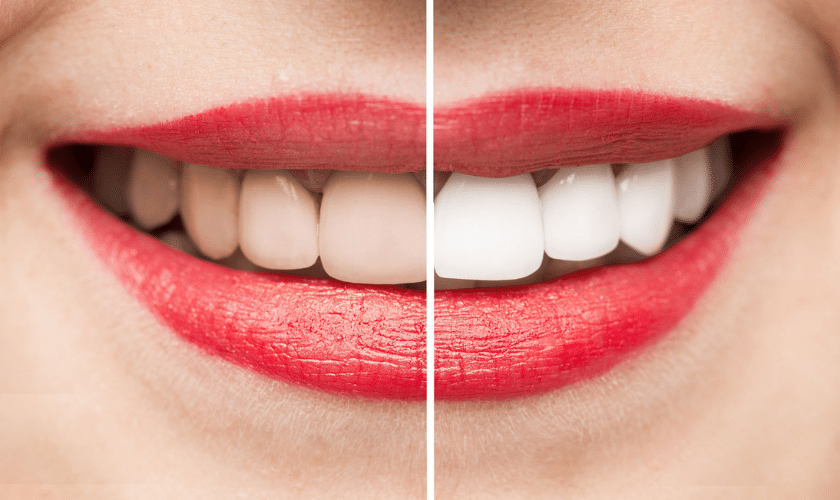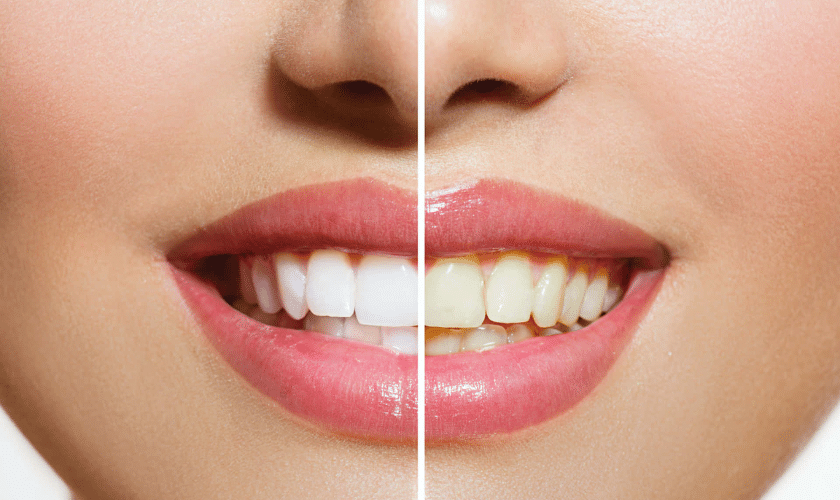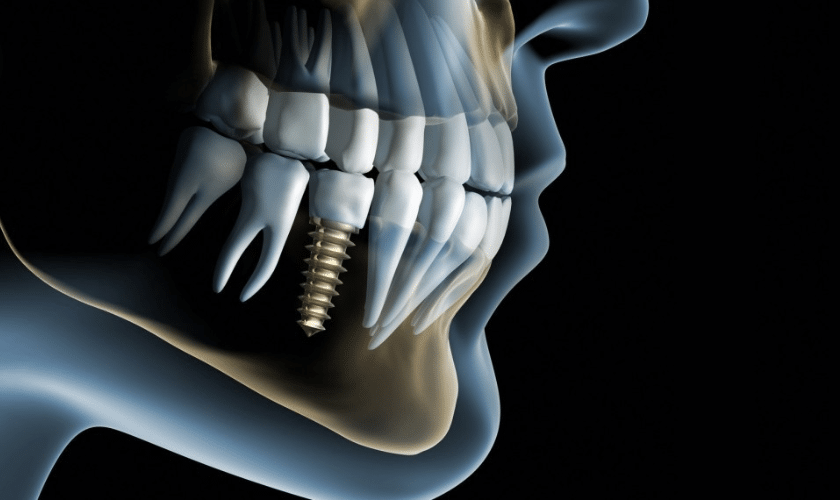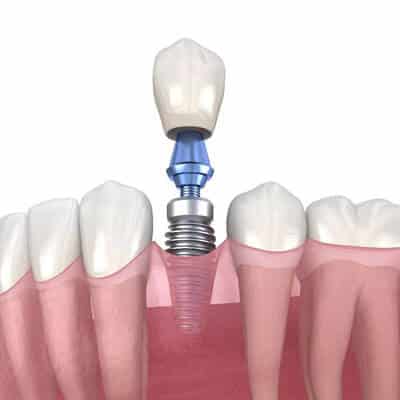
Introduction
When faced with a dental problem, many have to decide between dental implants and traditional bridges or dentures. Both of these options have their advantages and disadvantages, and it cannot be easy to decide which one is right for you. This article aims to provide an in-depth comparison between dental implants and traditional bridges or dentures. We will look at their pros and cons in detail so that you can make an informed decision when it comes time to choose between them. Read on to learn more about how each of these treatments works, their benefits, risks, and other considerations that may help you decide which one is right for your situation.
Dental Implants
When you lose a tooth, it can feel like your options are limited. But with today’s technology, you have more choices than ever before to replace your missing teeth. Dental implants, traditional bridges, and dentures are all viable options, but which is right for you?
Dental implants are the most popular choice for tooth replacement because they look and feel just like your natural teeth. They’re also the most expensive option, but they last a lifetime with proper care.
Traditional bridges are less expensive than dental implants, but they only last about 10 years on average. Bridges are also not as strong as dental implants, so they may not be a good choice if you have a lot of chewing force.
Dentures are the least expensive option for tooth replacement but require the most upkeep. Dentures need to be replaced every 5-7 years on average and must be kept clean to avoid infection.
Traditional Bridges and Dentures
There are many factors to consider when deciding whether dental implants, traditional bridges, or dentures are right for you. Some key considerations include:
-The number and location of missing teeth: Dental implants are most commonly used to replace one or more missing teeth. If you are missing all of your teeth, implants may still be an option, but traditional bridges or dentures may be more appropriate.
-The health of your remaining teeth: If you have healthy teeth, you may be a good candidate for dental implants. However, if you have periodontal disease or other health issues affecting your teeth, traditional bridges or dentures may be a better option.
-Your overall health: Generally, dental implants are not recommended for people with certain medical conditions, such as diabetes or cancer. Traditional bridges and dentures may be a better option for these individuals.
-Your budget: Dental implants tend to be more expensive than traditional bridges and dentures. If cost is a major consideration, traditional bridges or dentures may be a better option.
Which is right for you?
If you are looking to replace one or more missing teeth, you may be wondering which option is right for you. There are several factors to consider when choosing between dental implants, traditional bridges, and dentures. Here is a breakdown of each option to help you make the best decision for your smile:
Dental implants are the most permanent solution for missing teeth. The implant itself is a small titanium screw that is placed into the jawbone. Once in place, a dental prosthetic (such as a crown, bridge, or denture) is attached to the implant. Dental implants can be used to replace one or more missing teeth.
Traditional bridges are another option for replacing missing teeth. A bridge consists of two crowns that are placed on the teeth next to the empty space, with a false tooth (or pontic) in between. Bridges can also be used to replace one or more missing teeth.
Dentures are the least permanent solution for missing teeth and are typically only recommended for those who have lost all of their natural teeth. Dentures consist of false teeth that are set in pink plastic and held in place by suction or adhesive. While dentures can be removed and put back in at any time, they will need to be replaced every 5-7 years as they begin to show wear and tear.
Pros and Cons of each option
When it comes to dental implants vs traditional bridges and dentures, there are pros and cons to each option. Here’s a look at some of the key considerations:
Dental Implants:
Pros:
– Dental implants are the most natural-looking and -feeling tooth replacement option available. They are designed to fuse with your jawbone, providing a stable base for artificial teeth that look and function just like your own natural teeth.
– Dental implants can be used to replace one or more missing teeth, as well as support a full set of dentures. They are a versatile solution that can be tailored to meet your individual needs.
– Dental implants are a long-term solution. With proper care, they can last a lifetime. Traditional bridges and dentures, on the other hand, typically need to be replaced every 5-10 years.
Cons:
-Dental implants require surgery for placement, which means there is a risk of complications such as infection or nerve damage. The surgery also requires a period of recovery time before the artificial teeth can be placed.
-Dental implants are more expensive than traditional bridges and dentures. They may not be covered by insurance, so you will need to pay out-of-pocket for the procedure.
Conclusion
There are many factors to consider when determining which option is best for you between dental implants, traditional bridges and dentures. Depending on the severity of your oral health issues, any of these options may be viable. Ultimately, it’s important to discuss with a trusted dentist what the best decision is for your unique situation before making an investment in dental restorations. Investing time and effort into researching all available options will help make sure that you make the right choice for restoring your oral health and improving the quality of life.











